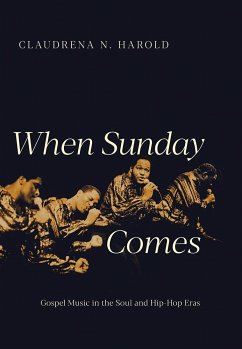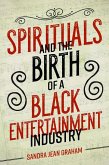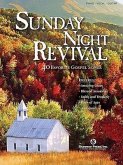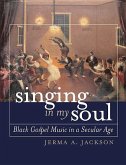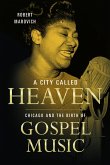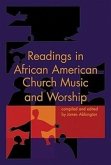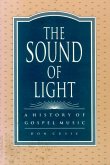"Gospel music evolved in often surprising directions during the post-Civil Rights era. Claudrena N. Harold's in-depth look at late-century gospel focuses on musicians like Yolanda Adams, Andraâe Crouch, the Clark Sisters, Al Green, Take 6, and the Winans, and on the network of black record shops, churches, and businesses that nurtured the music. Harold details the creative shifts, sonic innovations, theological tensions, and political assertions that transformed the music, and revisits the debates within the community over groundbreaking recordings and gospel's incorporation of rhythm and blues, funk, hip-hop, and other popular forms. At the same time, she details how sociopolitical and cultural developments like the Black Power Movement and the emergence of the Christian Right shaped both the art and attitudes of African American performers. Weaving insightful analysis into a collective biography of gospel icons, When Sunday Comes explores the music's essential place as an outlet for African Americans to express their spiritual and cultural selves"--
Hinweis: Dieser Artikel kann nur an eine deutsche Lieferadresse ausgeliefert werden.
Hinweis: Dieser Artikel kann nur an eine deutsche Lieferadresse ausgeliefert werden.

